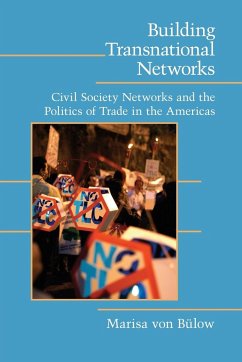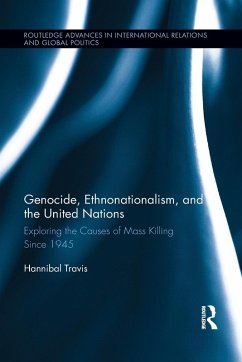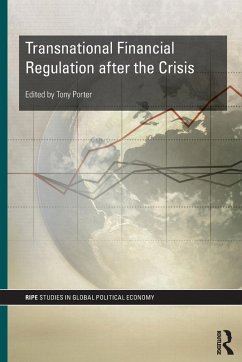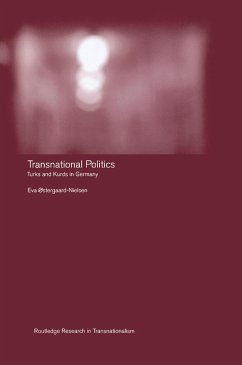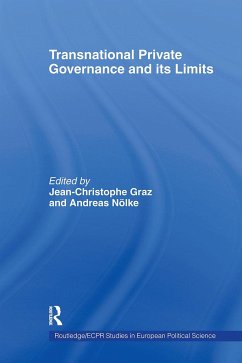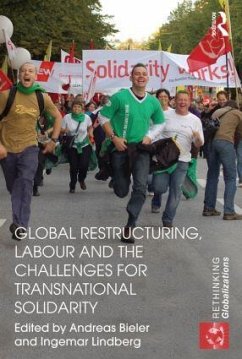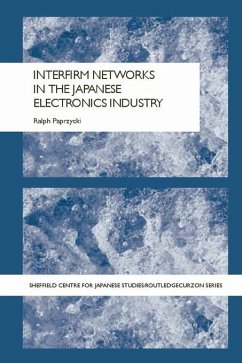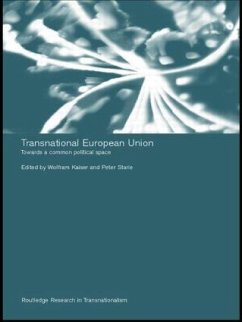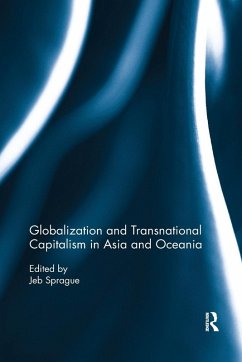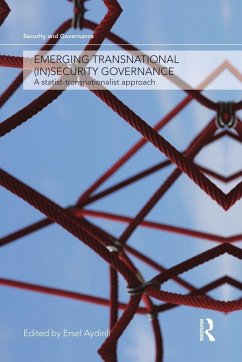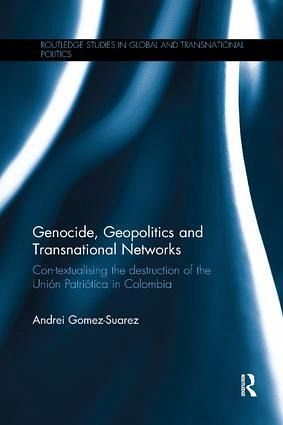
Genocide, Geopolitics and Transnational Networks
Con-textualising the destruction of the Unión Patriótica in Colombia
Versandkostenfrei!
Versandfertig in 1-2 Wochen
63,99 €
inkl. MwSt.
Weitere Ausgaben:

PAYBACK Punkte
32 °P sammeln!
By studying the destruction of the Union Patrotica (UP) in Colombia - a process usually regarded as one of the extreme by-products of the Colombian armed conflict- through the lens of genocide studies, Gomez-Suarez challenges mainstream international relations, genocide and Colombian armed conflict studies.





